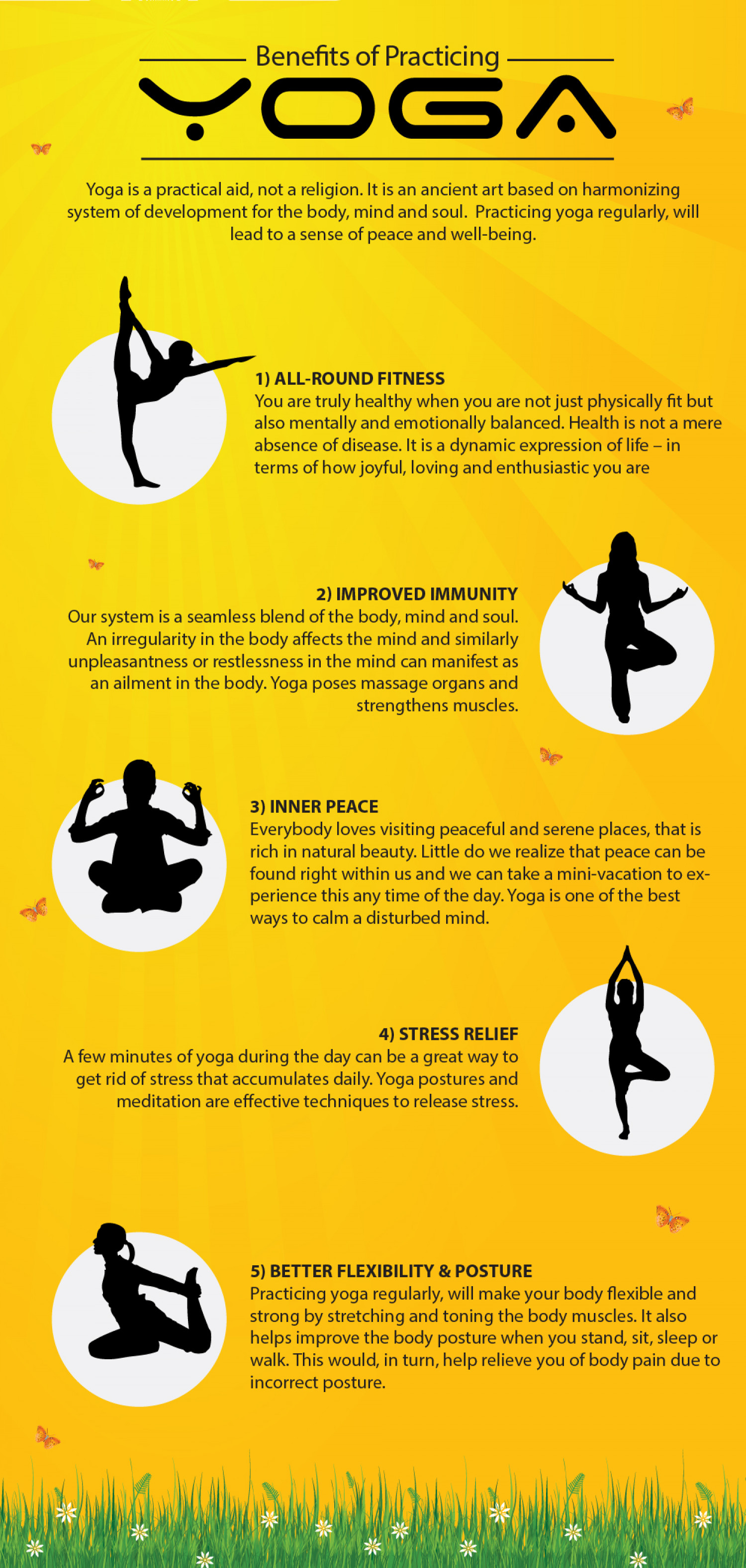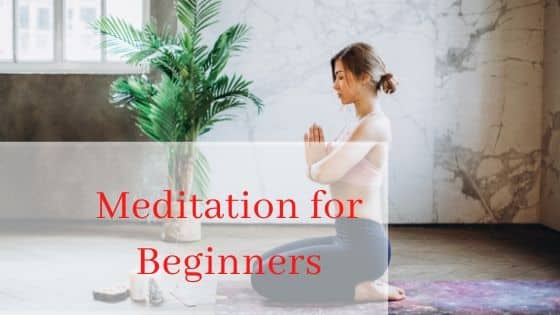
Constipation yoga can provide many benefits. Constipation yoga has many benefits. It helps to control the body's release of compounds. The majority of serotonin can be found in the gut. By strengthening the parasympathetic nervous system, yoga can help balance the production of serotonin. This can ease constipation symptoms. There are many treatment options available for those suffering from this condition.
The cat and cow asana yoga pose is the most effective for treating constipation. This posture is very relaxing, and it also stimulates the digestive system and blood flow to the gut. The first step of this asana is to lie on your back with your legs extended. The second step is to extend the right leg outward. Your back will be rounded while your chin is on the ceiling. Repeat the same process for the other side.

The third yoga pose for constipation is the Cobra Pose. Start by lying down on your stomach with your toes extended. Your palms should align with your shoulders and be on the floor. You can then engage your abdominal muscles by extending your legs. Now lift your head, gaze upwards and feel the twisting motion massage your intestines. This pose will help you clear gas and allow for a better nights sleep.
Another yoga pose to treat constipation is the downward-facing dog. This one involves twisting the torso. The Crescent Lunge Twist requires you to hold a lunge position and twist the torso. The Cobra Pose, which doesn't require any twisting, is a simpler variation. However, the Wind Relief Pose may be of assistance. This poses requires you to press your fingers into your chest and extend your legs. But it can relieve gas.
Pawanmuktasana, another helpful yoga position for constipation, is also available. This is known as the Wind Relieving Pose. This pose is great for relaxing and soothing your intestines. You can improve your posture by stretching out your abdomen. It also helps to improve your blood circulation, which will help you avoid the discomfort and pain of constipation. After practicing this pose, you will be more flexible.

The Yogi Squat is another effective yoga pose for constipation. This pose works in the same way as the Squatty Potty, however it is much more effective for constipation relief. This is a great way increase your water intake, which is vital for healthy digestion. You will feel more relaxed and be able to move better if you do yoga that incorporates lots of water. Healthy lifestyles will reduce the need for medication for constipation.
Another effective yoga position for constipation is the Corpse Pose. This pose is an upright pose that stretches the hamstrings and abdominal organs. It opens the chest, and oxygenates the whole body. It is great for those suffering from indigestion. The universal spine twist is the best pose to help constipation. This position will also help with stress management. So, if you suffer from chronic constipation, this yoga asana will be very beneficial for you.
FAQ
What affects my mental health on my relationships and friendships?
Your mental well-being has a direct impact on all aspects of your life. It affects your ability function properly at school, work, and home. It can also be difficult to develop meaningful relationships when you have mental health problems.
A mental health condition can make it easy to isolate oneself from others. You may even avoid social situations because you feel like no one understands you.
You must remember that people want you to be around them. You just have to be approachable.
If you are having difficulty connecting with others, talk to them about it. Tell them how you're feeling and ask them for their advice.
How can I avoid mental health issues in the future?
Preventing mental health issues is easier said than done. These are some tips to remember:
-
Don't drink alcohol. It can alter your moods and increase your chances of developing depression.
-
Avoid using drugs. Drugs can cause brain damage and worsen your symptoms.
-
Get enough sleep. Depriving yourself of sleep can lead to anxiety and depression.
-
Exercise regularly. Exercise releases endorphins in your body, which makes you happy.
-
Healthy foods are the best. Junk food can make you feel lazy and unwell.
-
Spend quality time with loved ones. It can be a great way to improve your mood.
-
Have fun. Enjoy your life and be open to new experiences.
-
Take breaks from social media. Social media can make you feel isolated and lonely.
-
Take care of yourself. Treat yourself nicely, even if you aren't feeling great.
-
Ask for help. Ask for help. Talking to a friend or family member can help.
-
It's okay for you to cry. Crying helps release tension and stress. It does not mean that anything is wrong.
-
Keep busy. Find something you like to do.
-
Good hygiene is essential. Bad hygiene can make it difficult to feel attractive and clean.
-
Keep connected. Staying connected with others can help you remain positive.
-
Learn how relax. Meditation and yoga can be helpful in reducing stress.
-
Find meaning in what you do. Finding purpose in your job and hobbies can bring you satisfaction.
-
Focus on the present moment. Focusing on the present moment will allow you to stop worrying about the future.
-
Set goals. Goal setting can help you be motivated to reach your goals.
-
Do something nice for you. You can improve your self-esteem by doing something nice for you.
-
Practice gratitude. Gratitude is a way to be grateful for all the good in your daily life.
-
Volunteer. Volunteering is an enjoyable way of spending time and making a difference in this world.
-
Give back. Giving back can help you feel fulfilled.
-
Pay attention to warning signs. If you notice any changes in your behavior, don't hesitate to reach out for help.
What do psychologists think about mental health and well-being?
Psychologists believe that mental wellbeing is essential for human development. They believe mental health does not simply refer to having no mental illness but also being mentally fit.
Different views are held by psychologists about mental health. Some psychologists think that mental health is not necessary because there are so many people who have no mental illnesses. Other psychologists believe mental health is crucial because we cannot function properly without it.
What is Positive Psychology? Why is it Important?
Positive psychology is about what makes you feel happier. It focuses on the things that make you feel better about yourself, like happiness, optimism and gratitude. Positive psychology's goal is to improve self-esteem, happiness, health, and wisdom.
Two types of positive psychology exist: trait positive psychology (or process positive psychology). Trait psychology studies how people naturally behave. How we can use certain strategies for achieving specific goals in process positive psychology
Statistics
- More than 40 million adults in the United States have an anxiety disorder, but less than 37% of people seek mental health treatment for their symptoms. (talkspace.com)
- Appropriate nutrition and exercise are likely among the most efficacious and cost-effective positive mental health interventions. (ncbi.nlm.nih.gov)
- Similarly, for positive mental health, there is likely to be substantial agreement about some typical components (e.g., resilience to stress) 6, and controversy about more atypical components (e.g., career consolidation). (ncbi.nlm.nih.gov)
- It means no drinking any alcoholic beverages and no taking any drugs that aren't 100% natural.
- It does have some influence, but not nearly as much as we might think, so focusing less on attaining wealth will likely make you happier (Aknin, Norton, & Dunn, 2009); (positivepsychology.com)
External Links
How To
How to Manage Stress
Stress is a normal part of life; however, when we feel stressed, we want to find ways to relax and relieve our tension. Stress can have a negative impact on every part of your life. Stress can lead to physical problems like headaches, neck pain and back pain, as well as stomach aches, constipation. You may even develop ulcers if you're under chronic stress.
There are many methods to reduce stress. Exercise is a great way to release endorphins. This makes you happy, relaxed, as well as calm. Meditation reduces stress by slowing down and deepening your breathing. Yoga is another great way of reducing stress and improving overall health.
Learning how to manage stress and eliminating it completely is the best way to manage it. Ask someone who does.